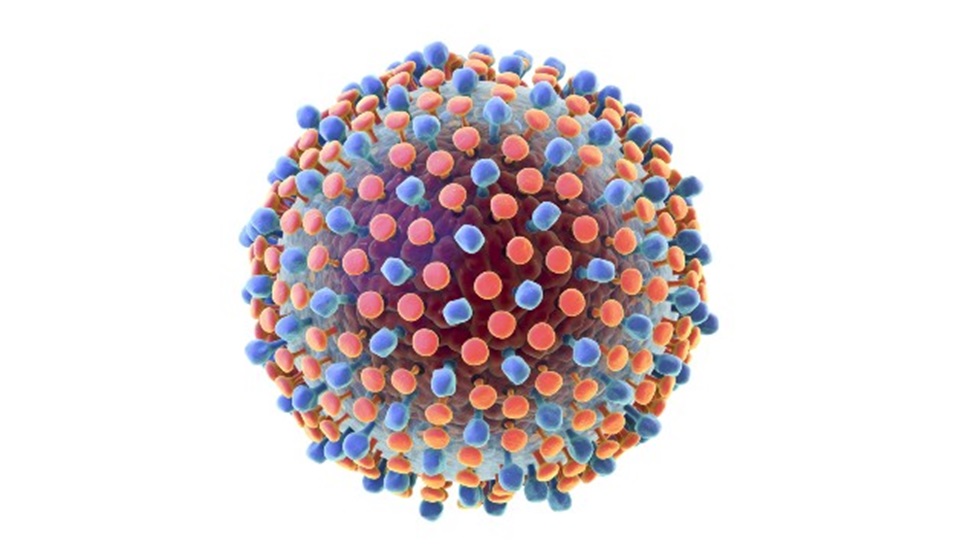HIV remission achieved in patient at Hammersmith Hospital
A patient at Imperial College Healthcare NHS Trust has achieved a sustained remission from HIV-1 after ceasing antiretroviral treatment – becoming only the second person globally to do so.
The patient, who has requested to remain anonymous, was treated with a stem cell transplant at Hammersmith Hospital. Following the transplant in 2016, antiretroviral therapy was discontinued and the patient has now remained in remission for 18 months. The case is similar to the ‘Berlin Patient’ of 11 years ago, though the treatment strategy was not identical.
The treatment was offered as part of a collaboration by the stem cell transplant team at Imperial College London, led by Professor Eduardo Olavarria and Dr Ian Gabriel and HIV scientists at University College London, led by Professor Ravindra Gupta.
The patient, a male, was diagnosed with HIV infection in 2003 and developed an AIDS defining cancer, advanced Hodgkin’s Lymphoma, in 2012. In 2016, he received a transplant of haematopoietic stem cells from a donor carrying a genetic mutation in the HIV receptor CCR5, which hinders the HIV virus from entering human cells.
The patient remained on antiretroviral drugs for 16 months after the transplant, at which point he stopped treatment. Using very sensitive monitoring techniques, the virus cannot now be identified and his new cells have shown that they cannot be infected by HIV-1 nearly three years after the transplant.
“While it is too premature to say with certainty that our patient is now cured of HIV, he is clearly in a long term remission. We continue to monitor his condition, however the apparent success of this treatment injects new hope in the search for a long-awaited cure for HIV/AIDS,” said Professor Eduardo Olavarria.
“The treatment we used at Imperial was different than that of the ‘Berlin Patient’, since it used no radiotherapy and highlights that its effectiveness lies in preventing cells from being infected. This exemplifies the need to pursue and develop new strategies based on abolishing CCR5 expression,” said Dr Ian Gabriel.
“By achieving remission in a second patient, we have shown that the Berlin Patient was not an anomaly, and that it really was the treatment approaches that eliminated HIV in these two people,” said Professor Ravindra Gupta, who will present this case on Tuesday (5 March) at the annual Conference on Retroviruses and Opportunistic Infections, in Seattle. The study will also be published in Nature on Tuesday (5 March).
“The treatment is not appropriate as a standard HIV treatment because of the toxicity of chemotherapy, which in this case was required to treat the lymphoma. However we are hopeful that it will help us develop new strategies to tackle the virus based on preventing the expression of the CCR5 receptor,” concluded Professor Olavarria.




